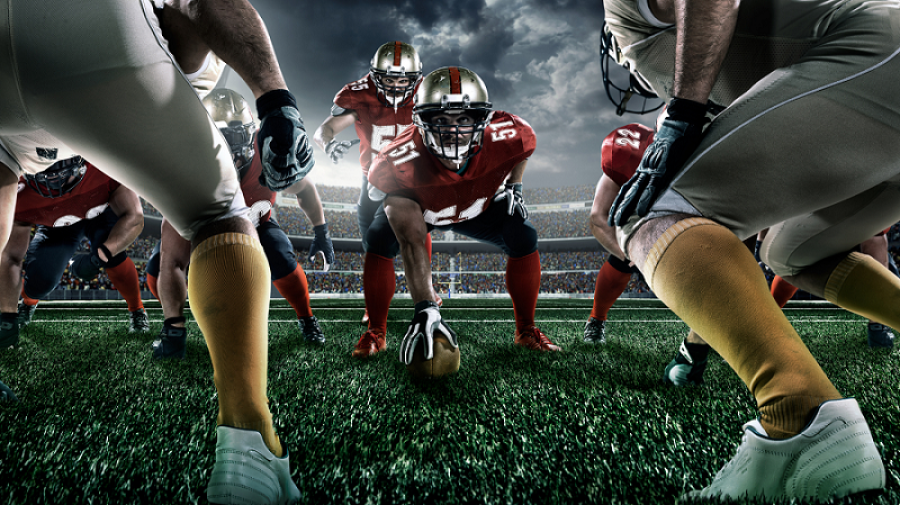An Introduction To The ELF - Europe's New Professional American Football League

Recently, a stir was caused by a press release[1] announcing plans to launch the European League of Football (ELF). From June 2021 onwards, a professional American football league in Europe will commence its first season, with eight teams from Germany, Spain and Poland. Over the long term, the league intends to expand to 24 teams from at least ten European countries.[2] As such, talks are currently being held with several other potential franchises, including the current British champion, the London Warriors.[3] One of the league’s ambitions is to serve as a stepping stone for European players who aim to play in the NFL. Could this be a new start for professional American football in Europe?
A professional American football league has in fact already existed in Europe in the form of the NFL Europe, which ran from 1991 to 2007.[4] As the name suggests, it was organised by the NFL itself. Clubs from cities all over Europe competed in this league, including Amsterdam, Barcelona, Berlin, Edinburgh and London. In its last season, it had an average of 20,000 spectators attending per match.[5] However, the league was ultimately dissolved because the NFL changed their international strategy.[6]
Subsequently, the ELF wants to profit from the growing popularity of American football in Europe, specifically in Germany. They intend to fill this void and ultimately also aim at creating a league in which the best young European players can develop before potentially heading to the NFL.
This article reviews:
- The ELF’s operational structure:
- Teams and leagues;
- Player transfer system;
- Franchise model;
- Ownership;
- Broadcasting model; and
- Risks the ELF could face as a new ‘rival’ sports league.
To continue reading or watching login or register here
Already a member? Sign in
Get access to all of the expert analysis and commentary at LawInSport including articles, webinars, conference videos and podcast transcripts. Find out more here.
- Tags: American Football | Breakaway Leagues | Broadcasting | Commercial | Competition Law | Corporate | Eligibility Rules | Europe | European League of Football | European Super League | FIFA | Football | Germany | Governance | International Federation of American Football | Media Rights | NCAA | NFL | Poland | Regulation | Spain | United Kingdom | United States
Related Articles
- The law on banning athletes from competing in rival sports leagues
- How MLS’ single entity status works and its relationship with antitrust law
- Launching new sports competitions: key considerations for licensed and unlicensed events
- FINA’s decision to allow market access to rival competitions - a turn of the tide in professional swimming
- A guide to the US models for Major League Soccer and United Soccer League
- The EU General Court’s Ruling On Exclusive Arbitration Agreements In The ISU Case
Written by
Ansgar Faßbender
Ansgar Faßbender, LL.M. currently works as a trainee lawyer for Bird & Bird in the Media, Entertainment and Sport practice group in Düsseldorf, Germany. He supports the practice group primarily in advising various associations, clubs and agents on relevant legal matters. He also assists arbitrator Prof. Dr. Martin Schimke, LL.M. in proceedings at the Court of Arbitration for Sport (CAS) in Lausanne. Ansgar regularly speaks at sports conferences focusing on the law governing football intermediaries.
Dwayne Bach
Dwayne Bach is a doctoral candidate at the chair of civil and intellectual property law of Prof. Dr. Jan Busche in Düsseldorf. His work focuses on the limitations in copyright and competition law for publishers in esports. In addition, he has published several articles on different sports law issues.





